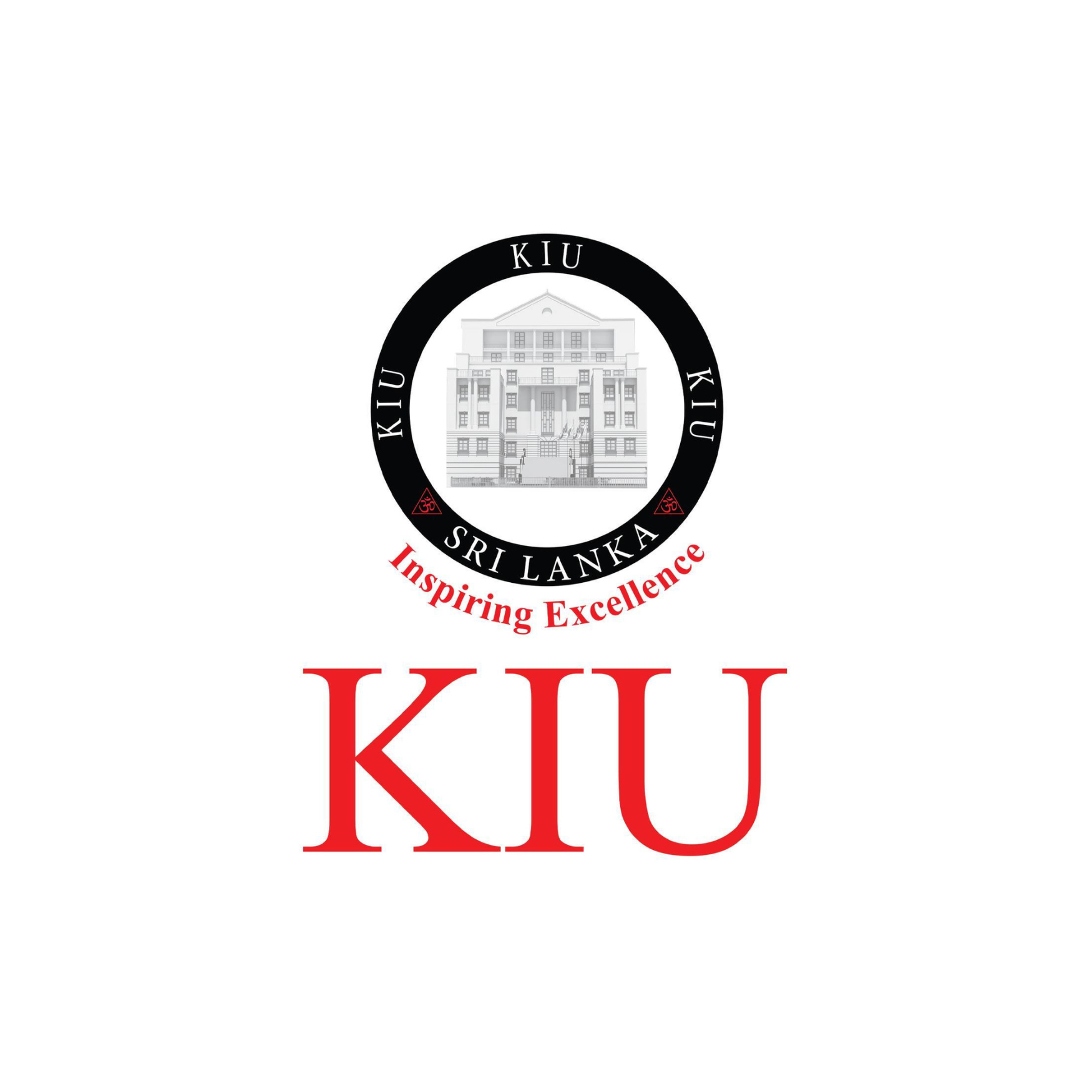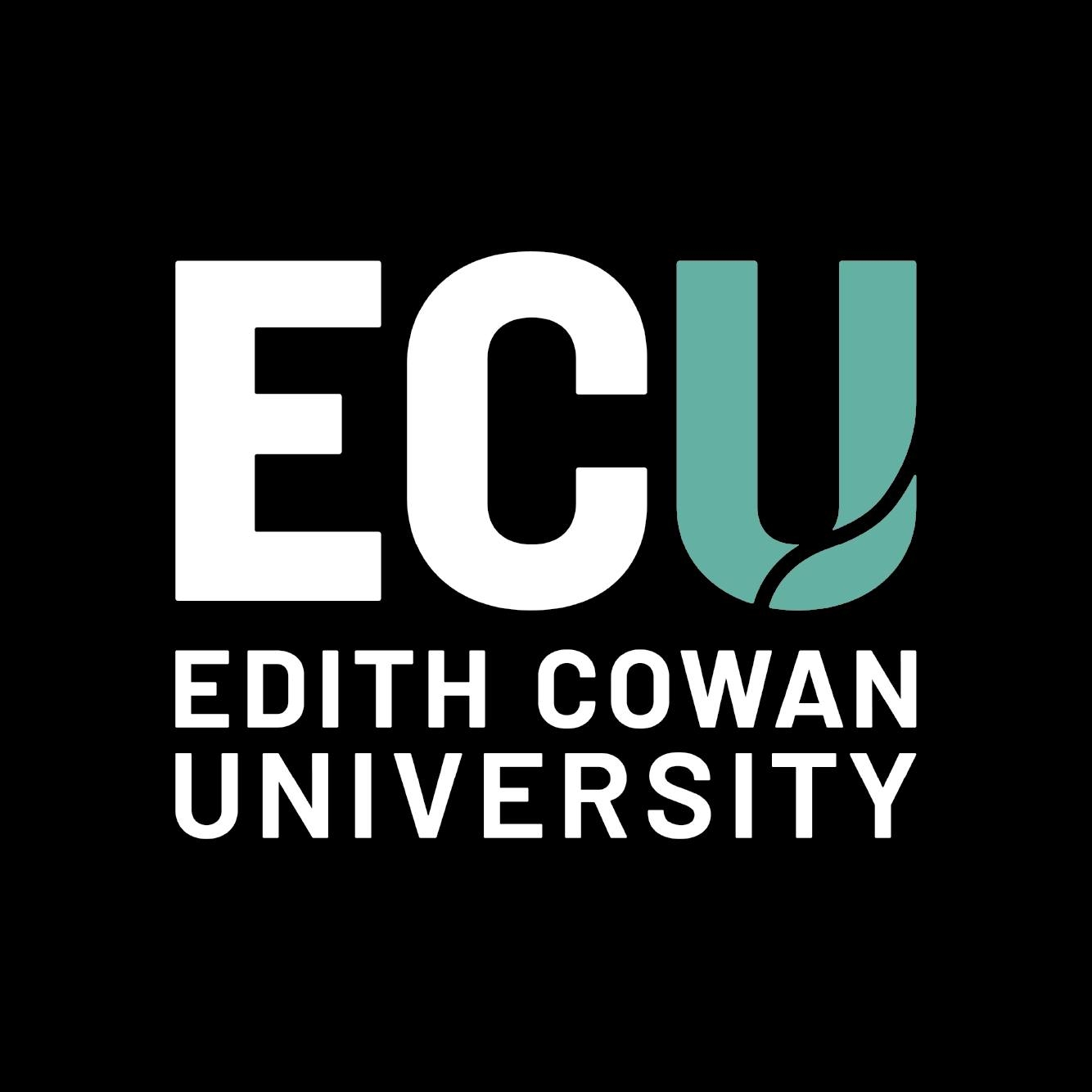Nursing Education in Sri Lanka

Nursing Education in Sri Lanka
Nursing Education in Sri Lanka
Nursing education in Sri Lanka has evolved significantly over the years to meet the demands of the healthcare sector. With an increasing emphasis on quality healthcare services, the country has witnessed a surge in the number of institutions offering nursing programs.
Types of Nursing Degrees Offered
Bachelor's Degree in Nursing
The bachelor's degree in nursing is a comprehensive program that typically spans four years. It provides students with a strong foundation in nursing theory and clinical practice, preparing them for entry-level positions in healthcare settings.
Diploma in Nursing
Diploma programs in nursing are shorter in duration, usually lasting around three years. They focus on practical skills and clinical training, enabling students to become competent nursing professionals.
Master's Degree in Nursing
For those seeking advanced knowledge and specialization in nursing, master's programs are available. These programs delve deeper into specific areas of nursing practice or research, equipping graduates with expertise for leadership roles.
Accredited Institutions for Nursing Education
Several esteemed institutions in Sri Lanka offer accredited nursing programs, ensuring high-quality education and training for aspiring nurses.
- University of Colombo: Renowned for its excellence in healthcare education, the University of Colombo offers a range of nursing programs at undergraduate and postgraduate levels.
- University of Sri Jayewardenepura: Another prestigious institution, the University of Sri Jayewardenepura, provides comprehensive nursing education with a focus on research and innovation.
- General Sir John Kotelawala Defence University: This institution offers nursing programs with a unique emphasis on military nursing, catering to the specific needs of armed forces healthcare.
Admission Requirements and Eligibility Criteria
Admission to nursing programs in Sri Lanka typically requires a combination of academic qualifications and aptitude tests. Applicants may need to fulfill prerequisites in science subjects and demonstrate a passion for caregiving and healthcare.
Curriculum Overview
Nursing education curricula in Sri Lanka are designed to provide a balance between theoretical knowledge and practical skills. Students undergo rigorous training in various healthcare settings, including hospitals, clinics, and community health centers.
Clinical rotations and practical training form a significant part of the curriculum, allowing students to apply theoretical concepts in real-world scenarios. Additionally, coursework covers a wide range of subjects, including anatomy, physiology, pharmacology, and nursing ethics.
Career Opportunities for Nursing Graduates
Nursing graduates in Sri Lanka have diverse career opportunities awaiting them. They can pursue roles in:
- Hospital Nursing: Working in hospitals and medical centers, providing direct patient care, and assisting healthcare teams.
- Community Health Nursing: Engaging in public health initiatives, disease prevention, and health promotion activities within communities.
- Specialized Nursing Roles: Venturing into specialized fields such as pediatric nursing, mental health nursing, or critical care nursing.
importance of Nursing Education in Sri Lanka
The significance of nursing education cannot be overstated in the context of Sri Lanka's healthcare system. Well-trained nurses play a crucial role in delivering quality patient care, promoting health outcomes, and addressing emerging healthcare challenges.
Challenges Faced by Nursing Education
Despite the progress made in nursing education, several challenges persist:
- Limited Resources: Insufficient funding and resources hinder the expansion and improvement of nursing programs.
- Staff Shortages: There is a shortage of qualified nursing faculty, impacting the quality of education and student-to-teacher ratios.
- Accessibility to Rural Areas: Rural communities often lack access to nursing education and healthcare facilities, widening the healthcare gap.
Future Prospects and Developments
Efforts are underway to address these challenges and enhance nursing education in Sri Lanka. Initiatives such as scholarship programs, infrastructure development, and partnerships with international institutions aim to elevate the standards of nursing education and practice.
Impact of Nursing Education on Healthcare in Sri Lanka
The quality of nursing education directly influences the quality of healthcare services provided to the population. Well-trained nurses contribute to improved patient outcomes, reduced morbidity and mortality rates, and the overall enhancement of the healthcare system.
Click here to find Nursing courses in Sri Lanka
Click here to find Private Hospital Job Vacancies in Sri Lanka
Click here to find NVQ Level 4 Nursing Courses In Sri Lanka
Click here to find Nursing Diploma Programs in Sri Lanka
Click here to find Nursing Education in Sri Lanka
Click here to find Elderly Care Courses In Sri Lanka
Click here to find Caregiver Course in Sri Lanka
Click here to find MD (Doctor of Medicine) Degree in Sri Lanka
Click here to find Medical Laboratory Technician Course in Sri Lanka
Visit this link for accurate information on courses in Sri Lanka and additional details about the institutes.
Feel free to let us know if you need any more details! or visit studyway.lk for more details
Call 0117662626
























